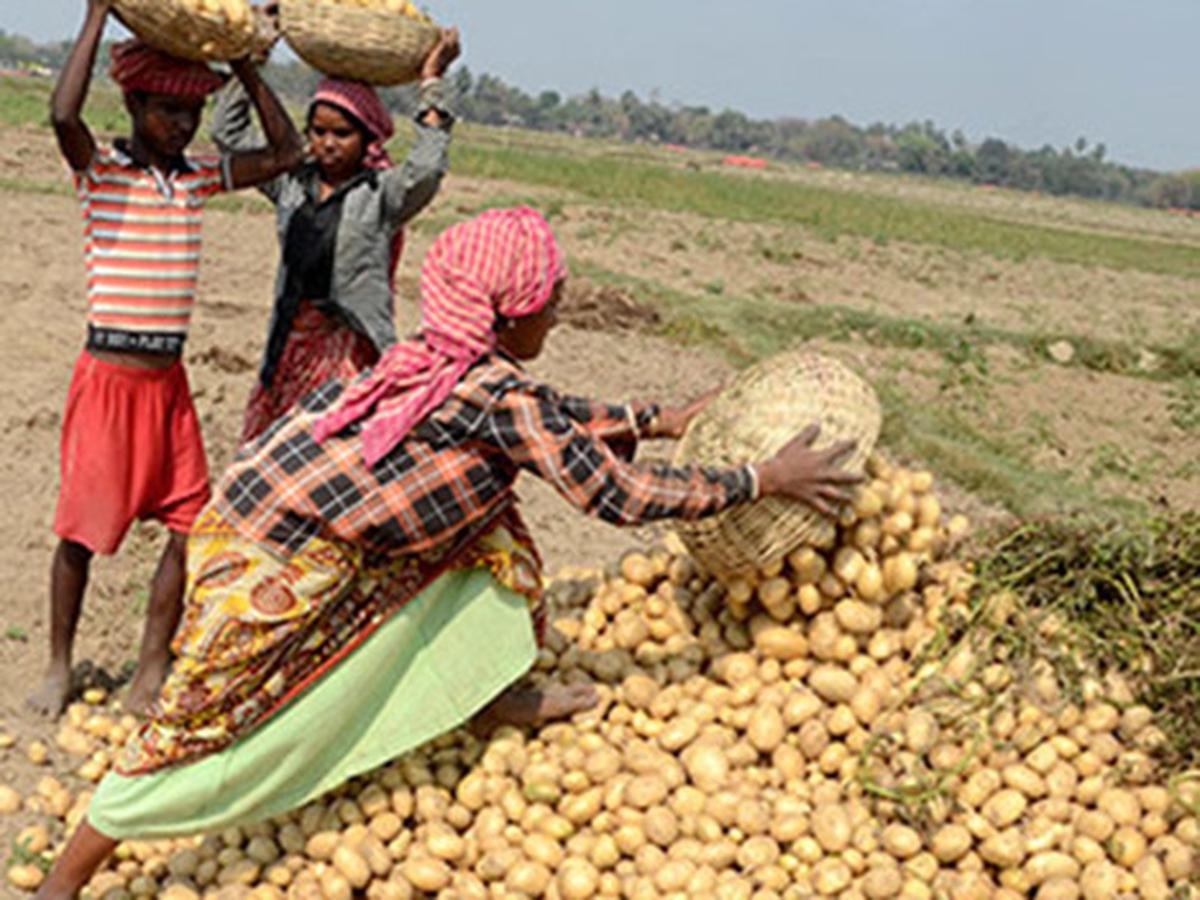
Deciphering the Legal Dispute: Farmers vs. PepsiCo.
Delving into a significant legal dispute, this article aims to unravel the intricacies of the clash between farmers and PepsiCo India concerning patent rights. The recent rejection of PepsiCo’s patent appeal for its distinct Lays’ potato variety by the Delhi High Court has raised pertinent questions about intellectual property, agricultural rights, and the Protection of Plant Varieties and Farmers Rights Act, 2001.
The High Court’s Ruling
The Delhi High Court’s ruling on July 5 echoed a resounding dismissal of PepsiCo’s appeal in the patent rights dispute. The appeal contested the revocation of PepsiCo’s registration for its ‘unique potato’ variety, a case that emanated from an order issued by the Protection of Plant Varieties and Farmers Rights’ Authority (PPVFRA). The Authority had revoked PepsiCo’s registration pertaining to the specialized potato variety developed by the company.
The Role of PPVFRA
The revocation of PepsiCo’s registration was executed by the PPVFRA, invoking the provisions outlined in Section 34 of the Protection of Plant Varieties and Farmers Rights Act, 2001 (PPV&FR Act). This pivotal section delineates the grounds upon which a registration can be revoked. The PPVFRA’s decision to revoke PepsiCo’s registration was based on the parameters stipulated in this Act.
FL 2027: A Unique ‘Chipping Potato’
At the heart of the dispute lies the potato plant variety known as ‘FL 2027,’ famously employed in the production of Lay’s chips. This variety holds distinctive characteristics that contribute to its suitability for chip manufacturing. With attributes like low external defects, high dry matter content, and stable sugars, FL 2027 has earned its reputation as a ‘chipping potato.’ These qualities make it an essential ingredient in Lay’s chips.
Protection of Plant Varieties and Farmers Rights Act, 2001
The Protection of Plant Varieties and Farmers Rights Act, 2001 (PPV&FR Act) assumes a central role in this legal tussle. Enacted to safeguard the interests of both plant breeders and farmers, this Act delineates the mechanisms for protection, registration, and rights related to plant varieties. The Act’s primary objective is to ensure the protection of plant breeders’ rights while preserving the interests of farmers.
Balancing Intellectual Property and Agricultural Rights
The conflict between PepsiCo and the revocation of its patent rights spotlights the intricate balance between intellectual property rights and the rights of farmers. While protecting the innovation and investments of companies like PepsiCo is crucial, safeguarding the rights of farmers and maintaining agricultural diversity also assumes paramount importance.
Navigating the Landscape
In conclusion, the legal row between farmers and PepsiCo underscores the nuanced terrain where intellectual property, agricultural rights, and legal frameworks intersect. The Delhi High Court’s rejection of PepsiCo’s appeal sends a signal about the importance of respecting the boundaries set by the Protection of Plant Varieties and Farmers Rights Act, 2001. The tussle acts as a reminder of the delicate equilibrium between corporate innovation and the preservation of agricultural heritage.
If this analysis has illuminated the complex dynamics between intellectual property and agricultural rights, kindly consider expressing your support by liking it on the prompt search page. Your engagement motivates us to delve deeper into matters that shape the intricate fabric of society.
